How To Find The Best Tools For Your Photography Business
Education
By Kyle Wilson
Erin Hernandez-Reisner is an American Photographic Artist, Amazon bestselling author, and global speaker whose voice has been translated into 15 languages. She applies her perspective as an autistic artist who is hearing impaired with tetrachromacy to create art that continually explores different aspects of human connection. In this deeply personal and unconventional interview, she shares about healing from trauma, dealing with anxiety and social media, and why it’s so important to be honest with ourselves.
KW: You do so much business coaching and classes but are not big on social media. Is that a purposeful thing?
ER: My Instagram blew up a couple of times during COVID. I was a guest on some podcasts and online women's events. I got invited to participate in a book that became a bestseller. During that time, I got a lot of followers. I was the following speaker after Les Brown with tens of thousands of people in an online event. It blew up my Instagram. It started speeding up, and I felt lost because it happened so fast. Thousands of people were in the Clubhouse room [when] I won that pitch night, and it closed my Instagram. I got locked out because I had so many people hitting it. I didn't know what to do. I've been overcoming trauma, so having to heal from trauma and understanding what happened to me is causing me to slow down and take a minute, take a beat, and look at my social media. I've been creating like crazy. I do art, and I work with clients privately. But none of it's out there, and it was because of my trauma. I've been photographing trauma portraits for years now, almost a decade. And people have hardly seen any of it.
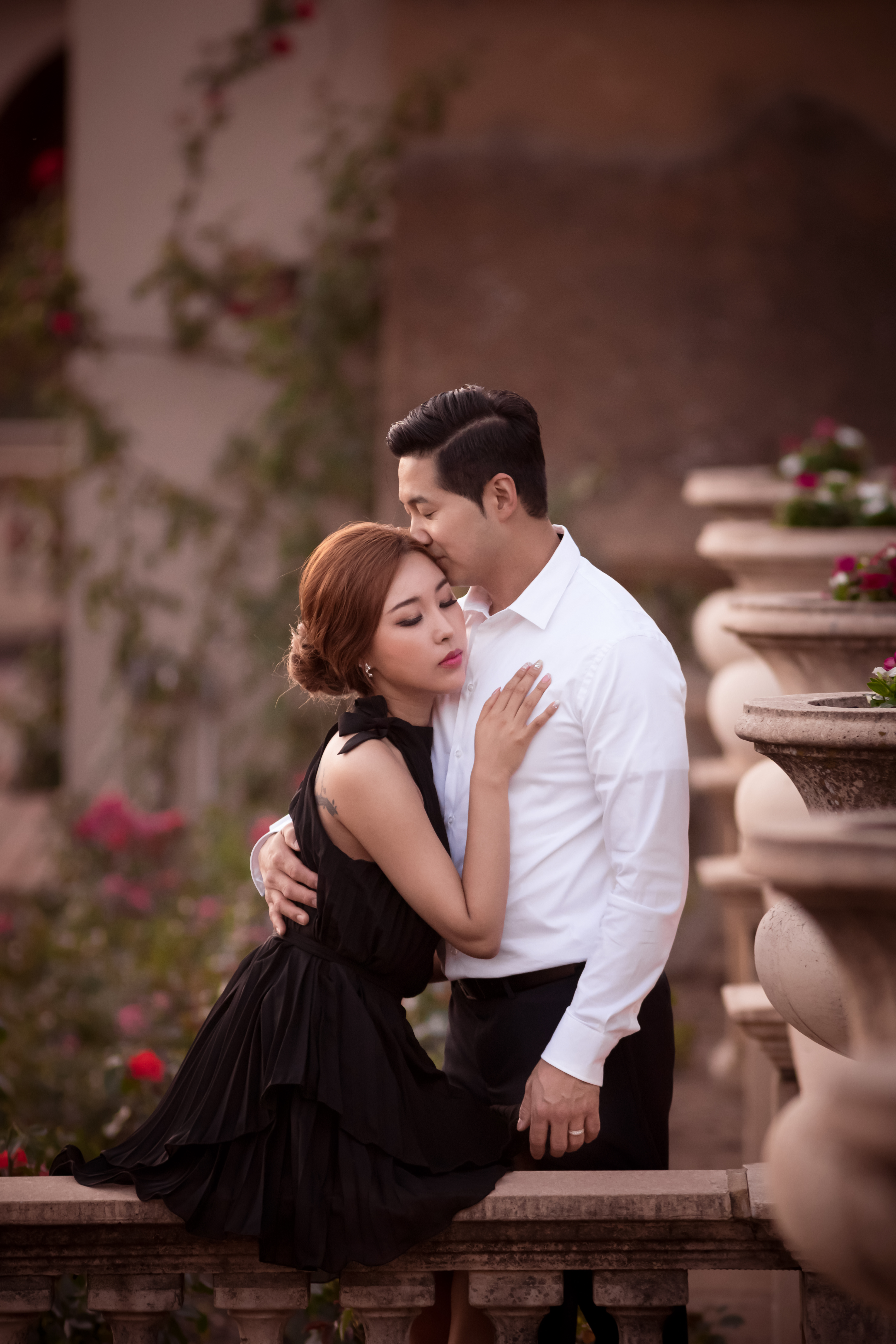
KW: Have you felt that not using that tool made it difficult to grow any other aspects of your business?
ER: Yes and no. I had a well-established business already. I ran a portrait studio for 15 years. By 2022, I kept my high net-worth clients, and everything else was gone. I was okay with that; it was the evolution of my business, and it made sense to me.
What I found, though, is that it was all private, so there was nothing for me to share online with the world. What I found the most difficult was how much people didn't believe stuff was real if they couldn't see it. Like, you say you do this, but where's the proof? I'm with my clients privately because this has nothing to do with you. That's what allows that trust to be established with my clients. They know they are completely protected. I will never let somebody see an image that doesn't need to be seen. They're not getting married for the world to view or judge their wedding. It's for themselves.
I've been speaking and teaching for over 10 years now. But I wasn't comfortable sharing my voice. I spoke in Italy in 2019 and had higher billing than the editor of Vogue Italia. I did not know that until I arrived. My picture was blasted everywhere. It was humbling and terrifying. I have autism. I'm hearing impaired. My anxiety is through the roof, and I have a massive panic attack before I walk on that stage. I'm overwhelmed. My emotions are going. I pulled a Ted Lasso before Ted Lasso was a thing and asked for water. It was bubbly water, and I spewed it all over the stage.
When I was done, I was like, this was supposed to be one of the best moments of my life. I'm not stressed by the stage. I grew up in the theater. I'm a trained opera singer. I learned how to speak, sing, and use my voice because my ears don't work right. But I had anxiety because it was my name, my story, my face, and it wasn't me hiding behind a business. Social media was an amplification of that. It's a larger audience. I want to make sure that I'm connecting in the right ways and how I want to for my brand, not what will make money or look impressive. It's been a tough three or four years of identifying and becoming okay with the things that happened to me in my childhood and understanding what that meant for the future.
I am passionate about building a professional brand instead of a personal brand. A personal brand is going to be built whether you want it or not. We have to see what social media means to us and what we want to do with it. I wanted to make sure that I wasn't a hurt person hurting people, that I was a healed person helping people. When the audience started coming, it felt like a weight; it felt heavy. I wasn't anonymous anymore. I didn't want to be like everyone else.
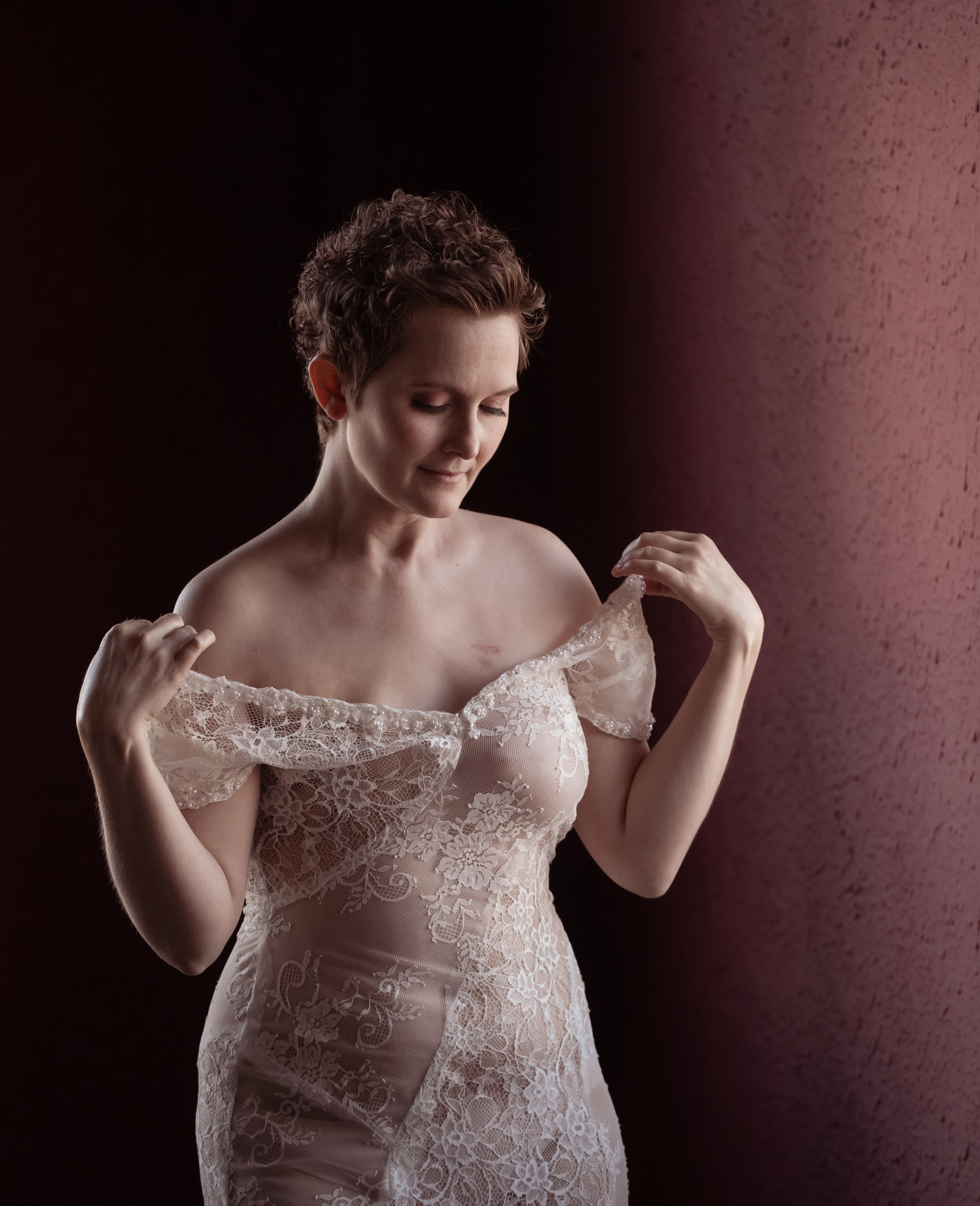
KW: You mentioned navigating building a business brand and having your personal brand come along for the ride. What brings you value and makes you feel you've done a good thing? Is that your personal brand? Is that your business identity?
ER: That's really hard because, along with healing and overcoming trauma, I'm dealing with autism. I've masked most of my life just to fit in. I'm starting to tear down those masks and be more myself, which is complicated because my entire structure was founded on masking. The reason why I'm talking about that when it comes to values is because, as somebody with autism, I don't know how much [my values] were my values. When you grow up, your values become what your parents instill in you. But that may not truly be my values. I could be honest and talk about my husband, who is Afro-Mexican and of Jewish descent. I'm white. I was adopted. When you start realizing that certain people have racial biases, or they are sexist, or they have old views of the world that you do not align with, you realize those are not my core values. No one wanted us to get married. We've been together for 20 years at this point. So, that was a big fight and one moment where my core values did not line up.
I'm re-establishing my values now. One of them is that people have a right to be redeemed and chase their dreams. You don't have to spend your whole life fighting. In 2021, my last friend from childhood, who knew some of the stuff that I'd gone through, died. She had a hard life. She went to prison for several years. She called me, and I picked her up; we got her cleaned up, and she wanted to turn herself in. She got out of a bad relationship, got back on drugs, and then ended up dying in an accident. That was really hard for me. But I knew loyalty based on those people because there was nothing we wouldn't do for each other. And so when you get out of that culture, and you're in a business culture, and you expect a brand that's going to sponsor you or a friend you've made to be that type of loyal, it doesn't exist. I will show up for people, and I will fight for people. Because of autism, sometimes it's too aggressive. But that's okay, too, because if somebody is going to need that kind of check because they are mistreating another human being, it is what it is. And if I fight too aggressively for things I think are wrong, then so be it.
I was an athlete, and I always had two polar extremes with my trauma. Negative stuff was happening and resulted in a public trial. Then I came back to school and was severely bullied, and it lasted years. I was suicidal. I tried to commit suicide every single day for at least three years. On the other hand, I was an extreme athlete. The ADHD allowed me to compartmentalize, so when I was running track, doing gymnastics, or whatever sport I was playing, I was all in. I applied that intensity to almost everything I did. I don't like failing at all. I absolutely abhor it.
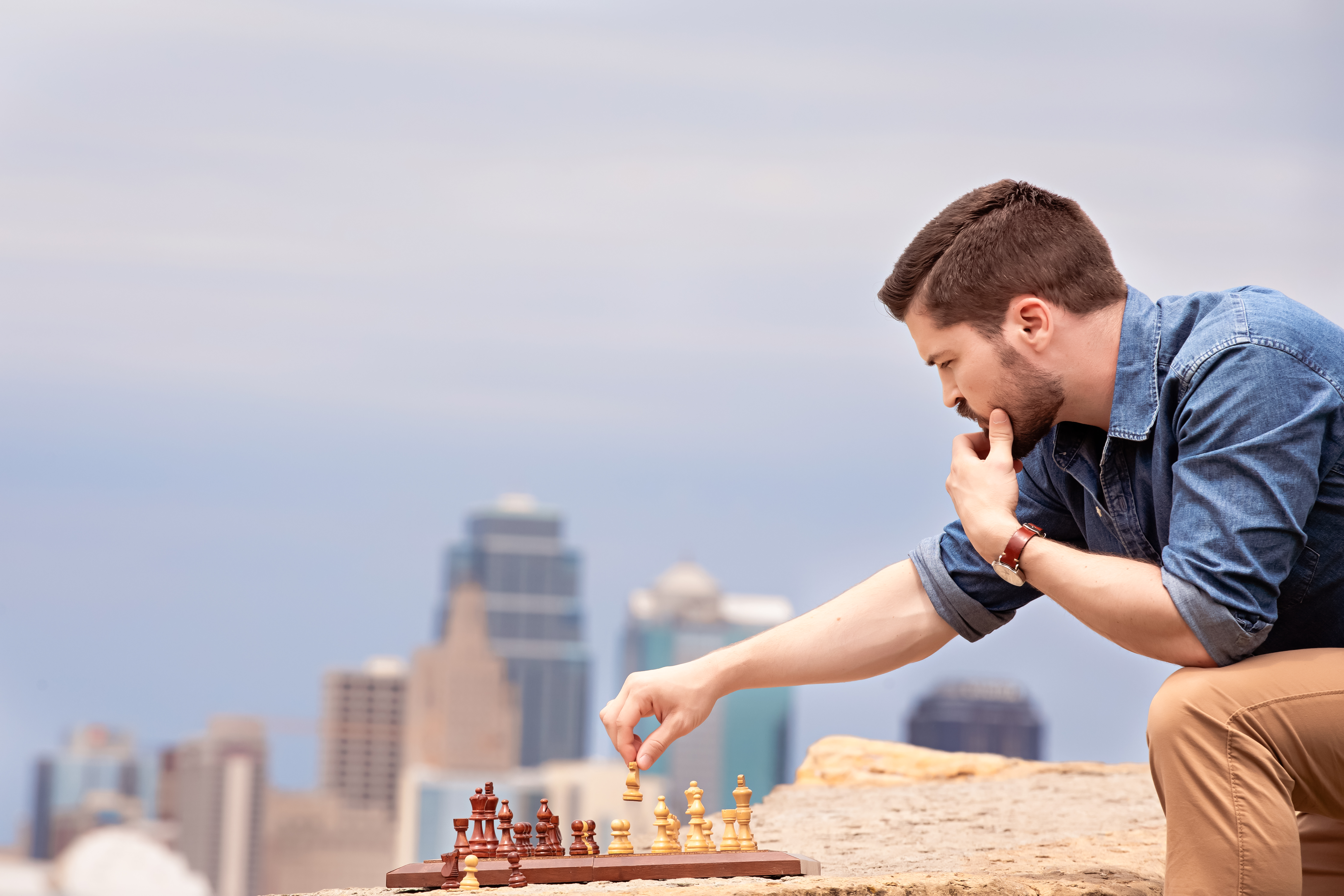
KW: Are there things you avoid because it will be too much failure to get to the success part?
ER: Social media was a massive one. The judgment that everyone has, the disbelief, the rudeness, can hurt somebody that's not okay with who they are. When you have a business, there's this wall in front of you. You're behind it, so it's not as approachable. When I started building this personal brand and identifying who I am and what I want to discuss, the amount of clarity I've had is astronomical. And that's where you can start running. I have a ton of content about to come out.
If you're not posting on social media, do you even exist? That's how it feels, and yet it's not true. Artists are system breakers. We're not the people that conform. We're the ones that rebel against or change the systems. There's a lot of hate happening right now because people are struggling and aren't happy with their lives. They might be seeing a life they wish they could live. There are so many different ways to create content that serves not only ourselves but other people. We've gotta be the people that can handle the negativity. This is where the healed part comes in.
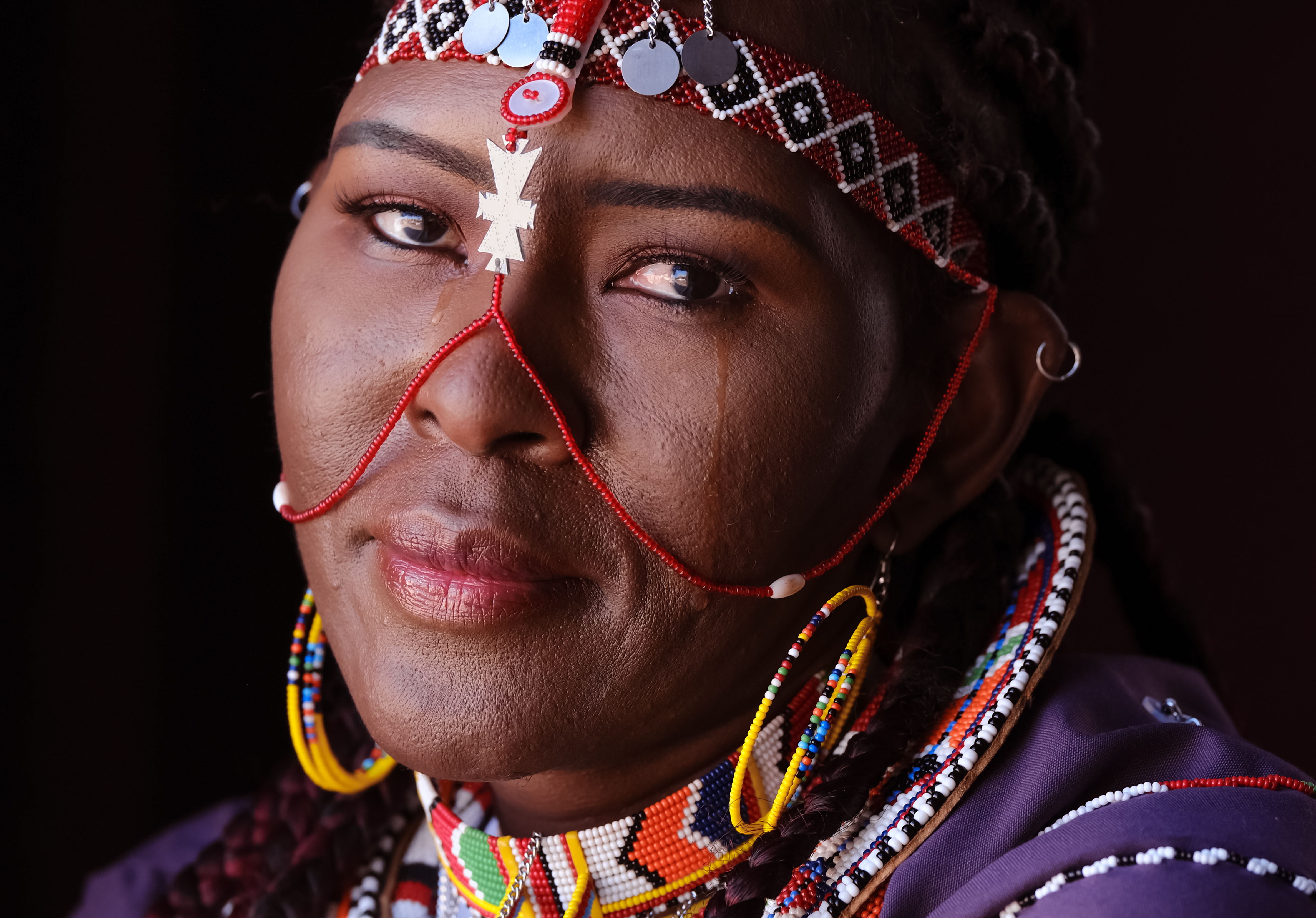
KW: You mentioned system breaking. I have an art design book that says you need to know the rules, and then you can smash them. Then you will have people upset about a difference for some reason. The same people who should be other system breakers, other artists.
ER: You're absolutely correct. We need to stay connected on social media. I'm commenting, I'm having conversations with people. I'm meeting people, and not just photographers. Social media is meant to be social. I had to wrap my head around what it meant to me and start using it as a platform to connect with others. As an autistic person, that's something I struggle with. I don't identify with having lots of friends.
KW: Social media is just everyone sharing their public successes while sitting in private defeats. The people I connect with are the people who are honest and not performative. The perfect little life, two beautiful people kissing in the rain in Tokyo - I unfollow those pretty quickly because that's not real. I want to read and hear about other people's real lives, just like our conversation here has been.
ER: We have to be honest with ourselves as to why it makes us feel a certain way. I don't have jealousy or envy issues. I've never wanted to be someone else. But I had to look at stuff and ask, "Why does this make me feel bad? And why does this make me feel good?" If we remove jealousy and envy, we start being honest with ourselves. Once we get honest with ourselves, we can be honest about what we want. And until then, we're not moving in the direction of what we want.
One of the things I learned while healing was to be very honest about what I wanted and write them out, and eliminate the shame associated with that. Eliminate the judgment because we're judging our wants. We shouldn't do that because we have desires, and those wants will lead to how we impact the world and how we feel.
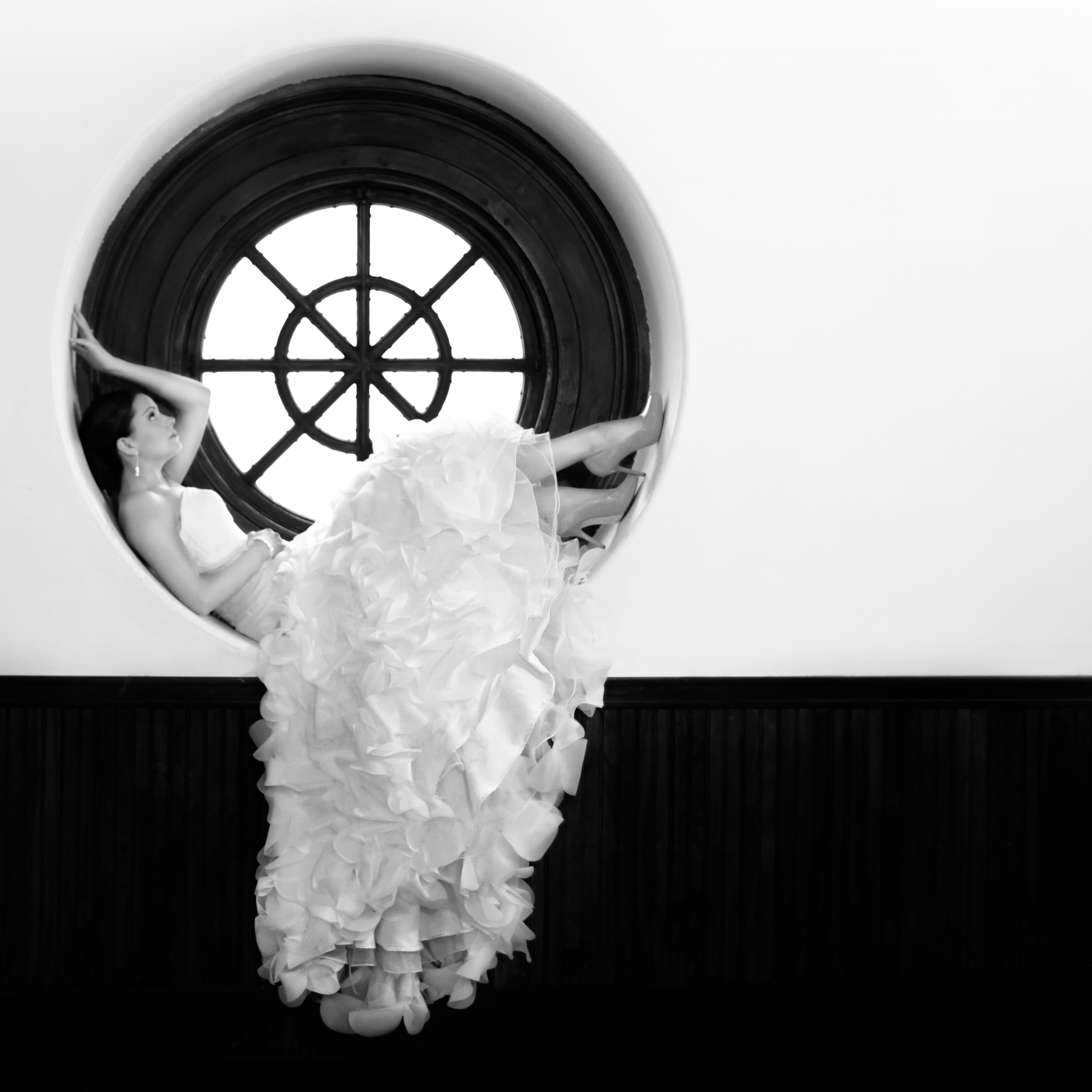
KW: It requires self-awareness to get to that point. Not everyone's able to just dive right into it. It's the ability to look at your feelings from a third-person point of view. Being a wedding photographer, I have been nose-to-nose with so much love it's crazy, and that also heavily affects my own processes of things and jealousy and envy.
ER: I have a feeling that other people are going to relate to this. I hope we're helping other people. It doesn't matter what you want. You have to actually write it out.
This is really funny. When my husband was growing up, he sculpted a woman, and she looked like me. He sculpted me as a child. It's so weird. He knew well before I did. We had met a year before we realized we met. We were married for 15 years, and [I told him about] this guy I met at this party one time, and he was like, oh my gosh, that was me. Our paths had crossed.
He had all of these attributes written out, so the moment he saw me, he knew. I was not ready. I told him no five times before I finally said yes to marrying him because I was terrified and I didn't know. He just knew. Thankfully, he did and then held on really tight on this ginormous, crazy ride that we were on. He wanted somebody who could handle his life and his struggles and his trauma, and I could handle it because I went through my stuff.
Deep down, all of us are looking for real connections. When I see people who are best friends, that makes my heart sing. And it hurts at the same time. It's beautiful, but I know I don't have it. I mean, deep-rooted friends. There's a season where you're supposed to be alone. I'm going to appreciate the season where it's just me and my one person and build from there. As I'm defining who I am and going after the things I want, all that stuff is written out. I've wanted a photo community of my own for seven or eight years. We're finally doing it, and I'm happy about it. It is going to be helping photographers get into content creation and expand. But first and foremost, everything has to come down to human connection.
KW: I appreciate you being so vulnerable. This was a great organic chat. I appreciate your time today and am excited to see you start sharing more stuff.
Keep up with Erin on Instagram @erinhernandezreisner and visit her website to find out where she’ll be speaking next.
This interview has been edited and condensed. Check out “The Photographer’s Problem: A Narrative Podcast” streaming now on YouTube or Spotify for the full, unedited interview and more inspiring stories with an immersive look into the intricate world of photography.